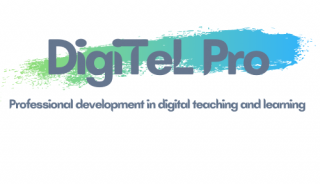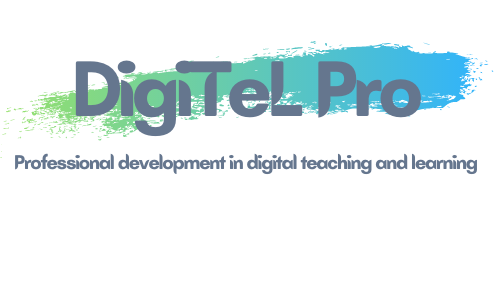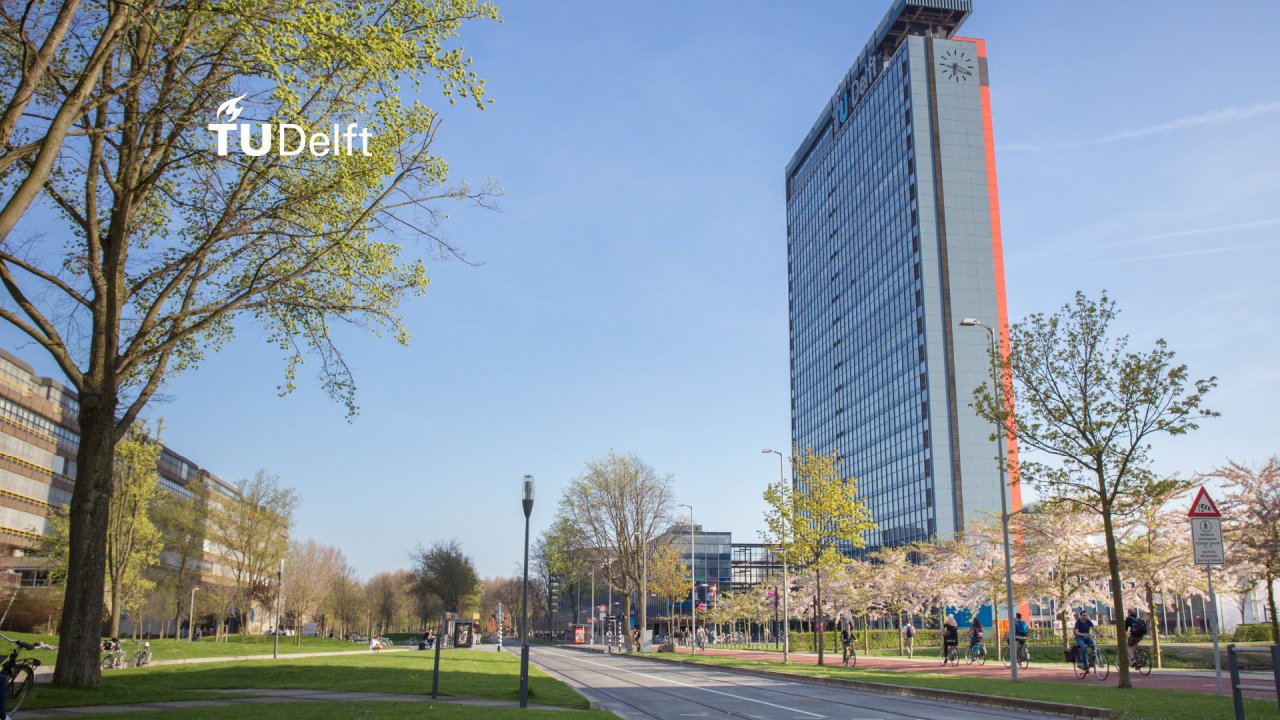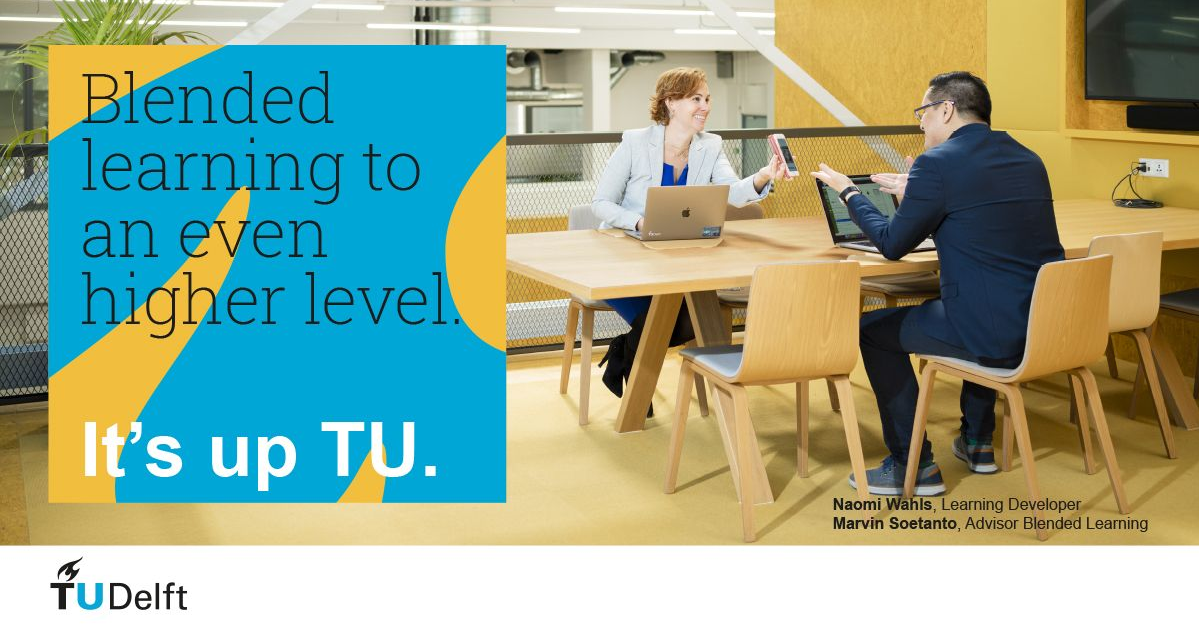The TU Delft Extension School and Teaching & Learning Services are pleased to be a member of the DigiTeL Pro Strategic Partnership (Professional Development for Digital Teaching and Learning) supported by funding through the Extraordinary Erasmus+ Coronavirus response. This project involves seven European university partners and is being led by EADTU.
Partners
Next to EADTU and TU Delft, the other 7 partners are:
- Belgium: KU Leuven
- France: Fédération interuniversitaire de l'enseignement à distance (FIED)
- Italy: Universita Telematica Internationale (UNINETTUNO)
- Ireland: Dublin City University
- Netherlands: Open Universiteit
- Spain: Universitat Oberta de Catalunya (UOC)
Summary of the partnership
The COVID-19 crisis has made universities switch to digital education and to re-organize their campus. In the May 2020 surveys of the European Commission, it turned out that in the first (semi-) lockdown period, 95,1% of the universities organized online and distance learning and 82,7% even online exams. All institutions set-up massive support for organizing online lectures, tutorials and videoconferencing with diverse pedagogical approaches. At all levels, emergency decisions were made.
In the second wave of COVID-19, many universities wanted to keep students on campus for face to face teaching. After a few weeks only, this seemed impossible as Europe coloured red again. Universities allowed only half or one fifth of the students in face-to-face lectures, while others attended online. Now, most universities have to go in a complete lockdown again with online and distance education. Teaching staff feel this as a disruption, requiring an extreme workload to adapt to the situation. Students started to manifest for the right of having “quality education”. Watching a video or following a lesson via zoom is no longer felt as a solution as it was in the first wave.
This is where the DigiTeL Pro Strategic Partnership (Professional Development for Digital Teaching and Learning) comes in. It brings together excellent groups of experts from universities, well-known for research and innovation in digital education and having developed good practices in digital solutions during the Corona crisis.
They are prepared to valorise their expertise in continuous professional development courses (CPD) in order to reinforce the ability of universities to provide high quality, inclusive digital education. They are at the edge of expertise in teaching and learning scenarios, connecting with main trends in practices observed during the crisis, and in the student learning experience:
- synchronous hybrid learning: based on settings that have in common that both on-site or ‘here’ students and remote or ‘there’ students are simultaneously included (synchronous hybrid learning (KU Leuven-imec);
- blended learning: based on a course design with a deliberate combination of online and offline learning activities (EMBED strategic partnership, TU Delft, KU Leuven);
- online and distance learning: based on a course design with a continuous physical separation between teacher and learner, synchronously and asynchronously (OUNL, UOC, UNINETTUNO);
- student readiness for digital learning (NIDL, Dublin City University);
- Institutional policies and strategies: based on maturity dimensions in institutional policies and quality assurance approaches for digital education (EADTU, EMBED and e-xcellence partnerships).
In the DigiTeL Pro partnership, these groups interact and cooperate for cross-development and improvement. Objectives are:
- to explore and forecast educational needs of teaching staff and learners within and after the COVID+ era;
- to exchange expertise between researchers and innovators on synchronous hybrid, blended and online distance learning, optimizing models and guidelines for short-term and future CPD;
- to design, plan and develop continuing education courses enabling anyone involved in course and curriculum development in adapting to hybrid, blended and online distance learning;
- to empower student readiness for digital learning by an online course and integrating the “student voice” in all learning scenarios;
- to reinforce the ability of universities to provide high quality, inclusive and scalable digital education.
By doing this, DigiTel Pro enables universities and EUI alliances to respond to the unstable reality in which we are living, keeping all learners included and leaving nobody behind in this disruptive challenge.
The partnership will design, develop and implement three CPD courses on respectively synchronous hybrid, blended and online teaching and learning for anyone involved in digital course and curriculum development for leaders steering this process. They will optimize models, guidelines and pedagogies leading to mature and high quality education. A course has a modular structure and will be designed in alignment with the needs of universities, strong educational concepts and relevant learning objectives.
This will accelerate the Modernization Agenda and the digital transformation of education systems across Europe (the new Digital Education Action Plan and the report on the European Education Area 2025), supporting ultimately the Green Deal.
Project details
| Erasmus Call |
KA2 - Cooperation for innovation and the exchange of good practices KA226 - Partnerships for Digital Education Readiness |
| Agreement Number |
2020-1-NL01-KA226-HE-083080 |
| Project Duration |
24 months |
| Start date |
01-03-2021 |
| End date |
28-02-2023 |






